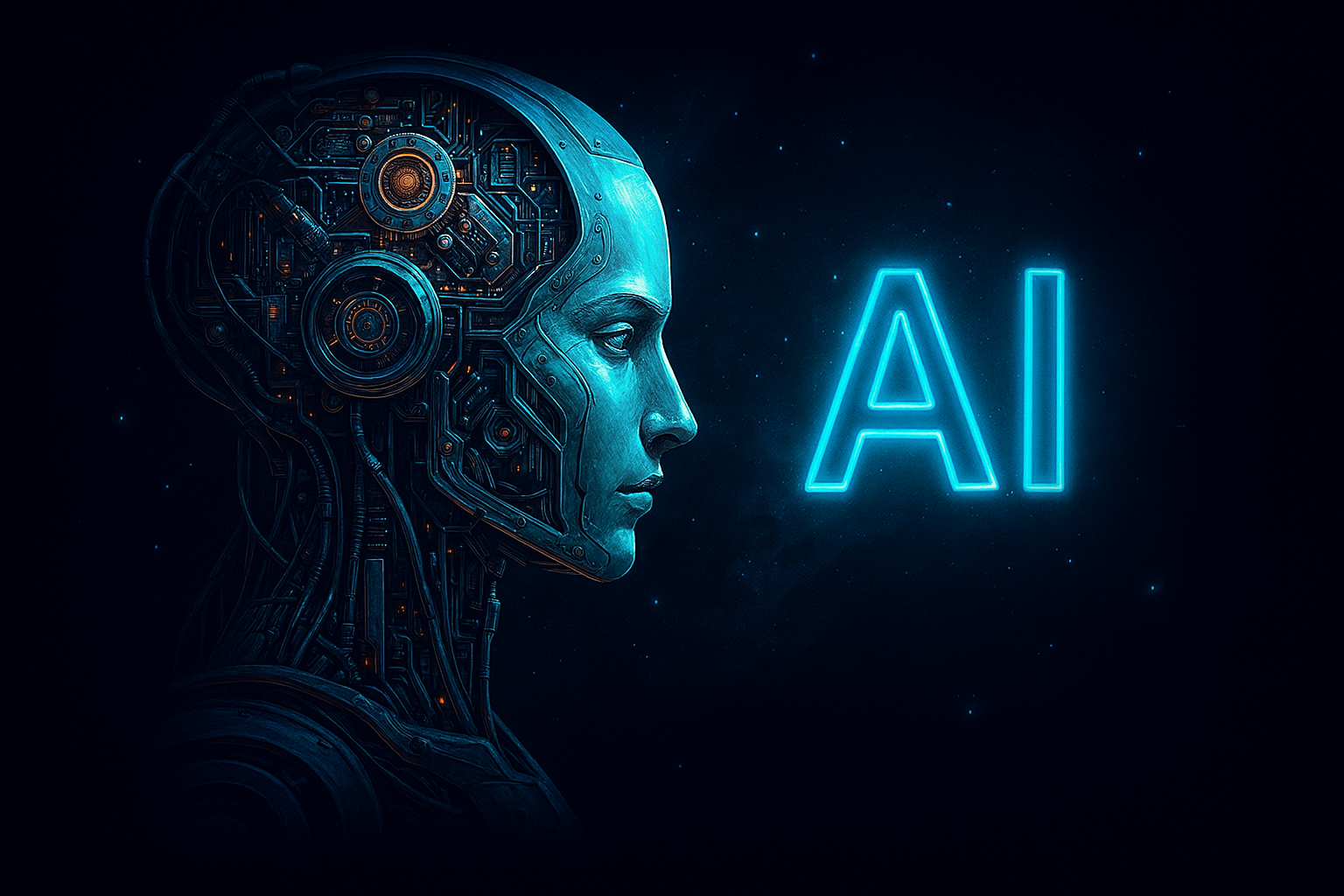The Billion-Dollar AI Paradox - Is China winning the real AI race while we just chase Benchmarks?
Every year during OMR, one of the biggest digital business events in Europe, I look forward to three presentations: the State of the Internet Address, Scott Galloway's Predictions, and Philipp Klöckner’s Update on AI.
This year I caught the first two during the event itself but missed the last one. So I watched it this weekend on YouTube, and it was again quite insightful (sorry, German only):
Two insights from Philipp's presentation particularly stood out:
Advertising will shift increasingly from targeting to persuasion by employing sophisticated AI-based strategies to create demand for products. Yes, advertising has always attempted this, but with AI, the potential for manipulation becomes far more concerning.
OpenAI's strategy to price AI agents based on comparable human workers won't be sustainable. Competition from Chinese services will inevitably drive prices down to actual costs—which makes perfect sense. After all, we don't expect companies selling dishwashers to charge us the same amount it would cost to hire someone to wash our dishes.
But watching Philipp's wild ride through the latest benchmarks and the staggering investment sums documenting the fierce competition between OpenAI, Google, Meta, and others for the best AI models, I couldn't stop asking myself one question:
Why?
Why are we pouring billions into building bigger, faster AI models while still failing to develop equally compelling real-world applications with the models we already have?
Are we failing because the current models are not powerful enough and that will all change once they are? Or is it our lack of creativity, imagination, or courage to realize existing potential? Both statements hold truth, yet we may be overemphasizing the first argument.
Deepseek has demonstrated that you do not need endless billions to compete in the AI field. But in China, we also see truly innovative approaches to driving real business value with AI, not just improving benchmarks.
SHEIN reimagined the fashion industry’s supply chain using AI and became the largest fashion retailer as a result. Ping An employs AI to deliver local healthcare services with its one-minute clinics and instant claims processing for car insurance.
Just 3 examples. There are many more. What do a lot of them have in common?
Two things: First, these applications have been operational for 6–7 years already — practically ancient by AI standards. They never needed the latest, greatest AI model. Second, despite our obsession with benchmarks and cutting-edge models, no one in the West has built anything comparable yet — at scale.
Sure, for every AI application in China, we can point to a comparable proof-of-concept in the West. But these Western initiatives often make more headlines than market impact. The fundamental difference is philosophical: Western companies typically deploy AI as a tool to optimize existing operations — a bottom-line efficiency play. Meanwhile, Chinese companies leverage AI as a platform to reimagine entire business models and create new revenue streams — a top-line growth strategy for reshaping industries rather than just reducing costs.
And even when focusing on efficiency, Western companies are missing opportunities by merely addressing just minor pain points in long-established processes without rethinking those entirely for AI. In a few years, they may find themselves lagging behind competitors who are currently leveraging AI in more creative and imaginative ways.
If that is the case, we are caught in a dangerous illusion — fixated on benchmarks and demos while racing to outperform competitors on increasingly abstract metrics — instead of focusing on what truly matters: building applications that deliver real transformative value?
Or to repeat my question above: What's the point of pouring billions into even bigger, more complex models when we've barely scratched the surface of what's possible with the ones we already have?
Further reading: What DeepSeek Teaches Us About Innovation Mindsets.
